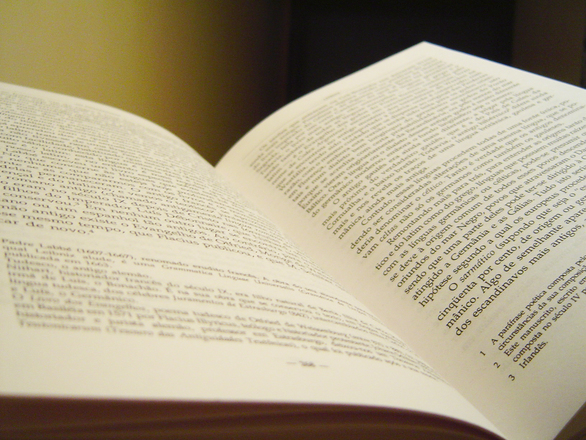

THE PAST fortnight brought us several new examples where software patents got invalidated -- once brought before a court -- thanks to the Alice case. This will be the subject of some imminent posts of ours. One example, as covered by Patent Hawk the other day, says: "First Choice Loan Services sued Mortgage Grader for infringing its financial transaction patents. In light of the Supreme Court's Alice decision, the district court found the patent claims directed to unpatentable abstract ideas. The CAFC affirmed (2012-1042). "Computational methods which can be performed entirely in the human mind are the types of methods that embody the 'basic tools of scientific and technological work' that are free to all men and reserved exclusively to none.""
"A lot of campaigners against software patents are now seeing what 5 years ago they considered impossible."A similar report (behind paywall) was composed by/for lawyers and asked: "Remember when some experts said the 2014 Supreme Court ruling wasn't likely to be a game changer?" (the title of this report is "Federal Circuit [CAFC] Strikes Two Software Patents Under 'Alice'")
So who was right, the patent lawyers or Techrights? To his credit, Gene Quinn too predicted it would become a game changer.
CAFC is probably the most software patents-friendly court, perhaps in the whole world. Here is an article about a recent decision of CAFC, courtesy of patent maximalists. Patent lawyers still try to understand why software patents are collapsing even in the US and they study cases such as this one where "Claims of US patents 6,398,646 and 6,656,045 in the name of Planet Bingo, LLC were found not to be patent eligible subject matter under 35 USC 101 because the claims are directed to the abstract idea of managing a game of bingo, which is merely implemented on a computer executing purely conventional functions."
Time permitting, we shall strive to cover as many cases like this as we can. There is an unambiguous trend in the US and it involves the demise of software patents, thanks to SCOTUS. A lot of campaigners against software patents are now seeing what 5 years ago they considered impossible. ⬆